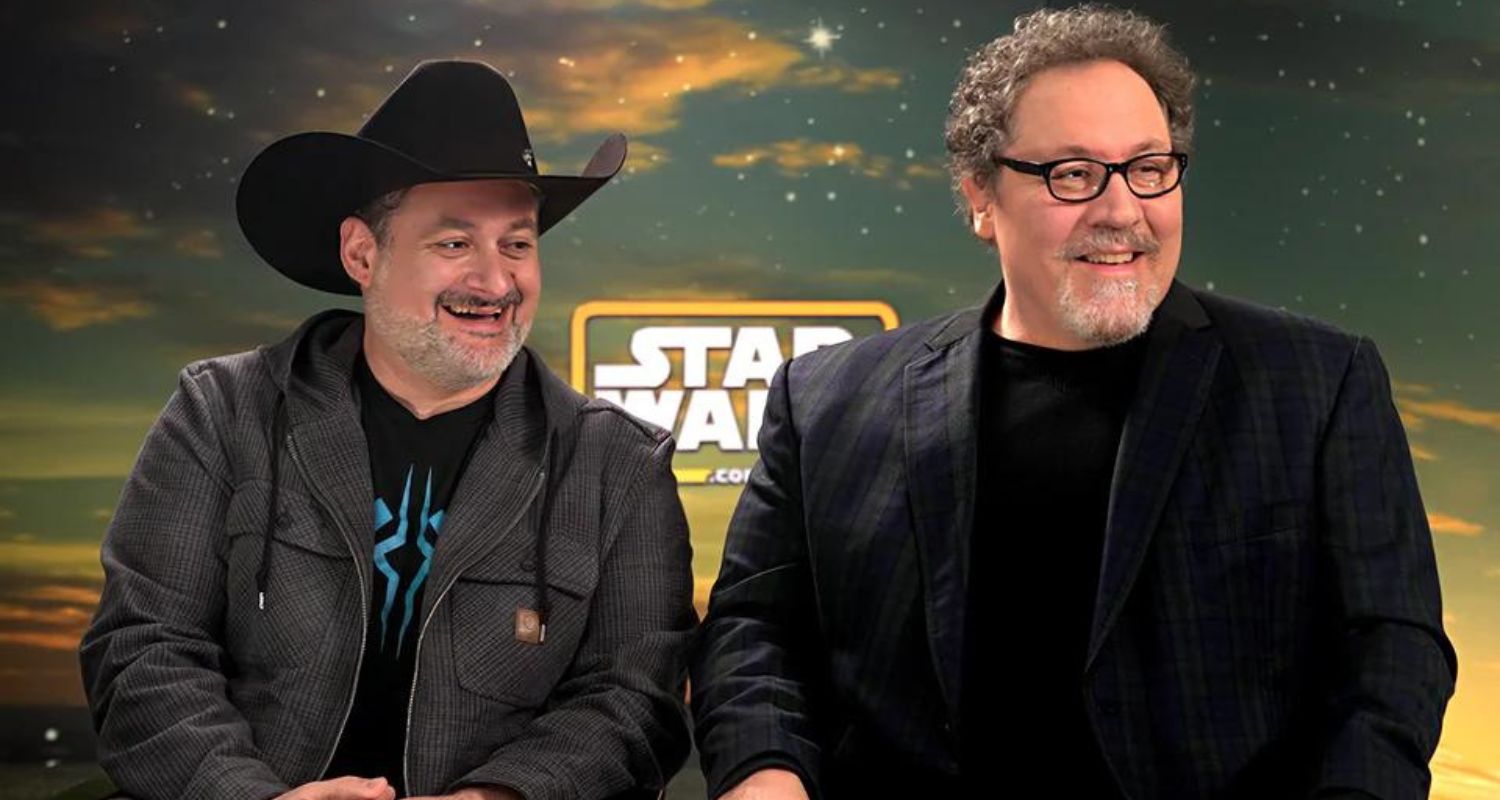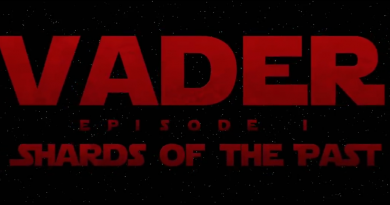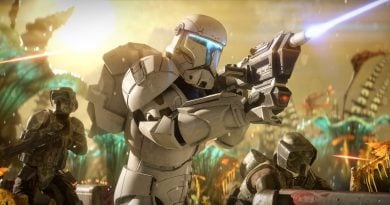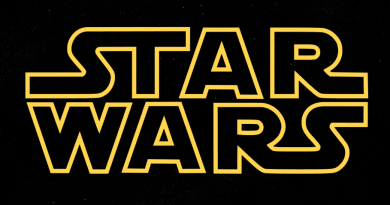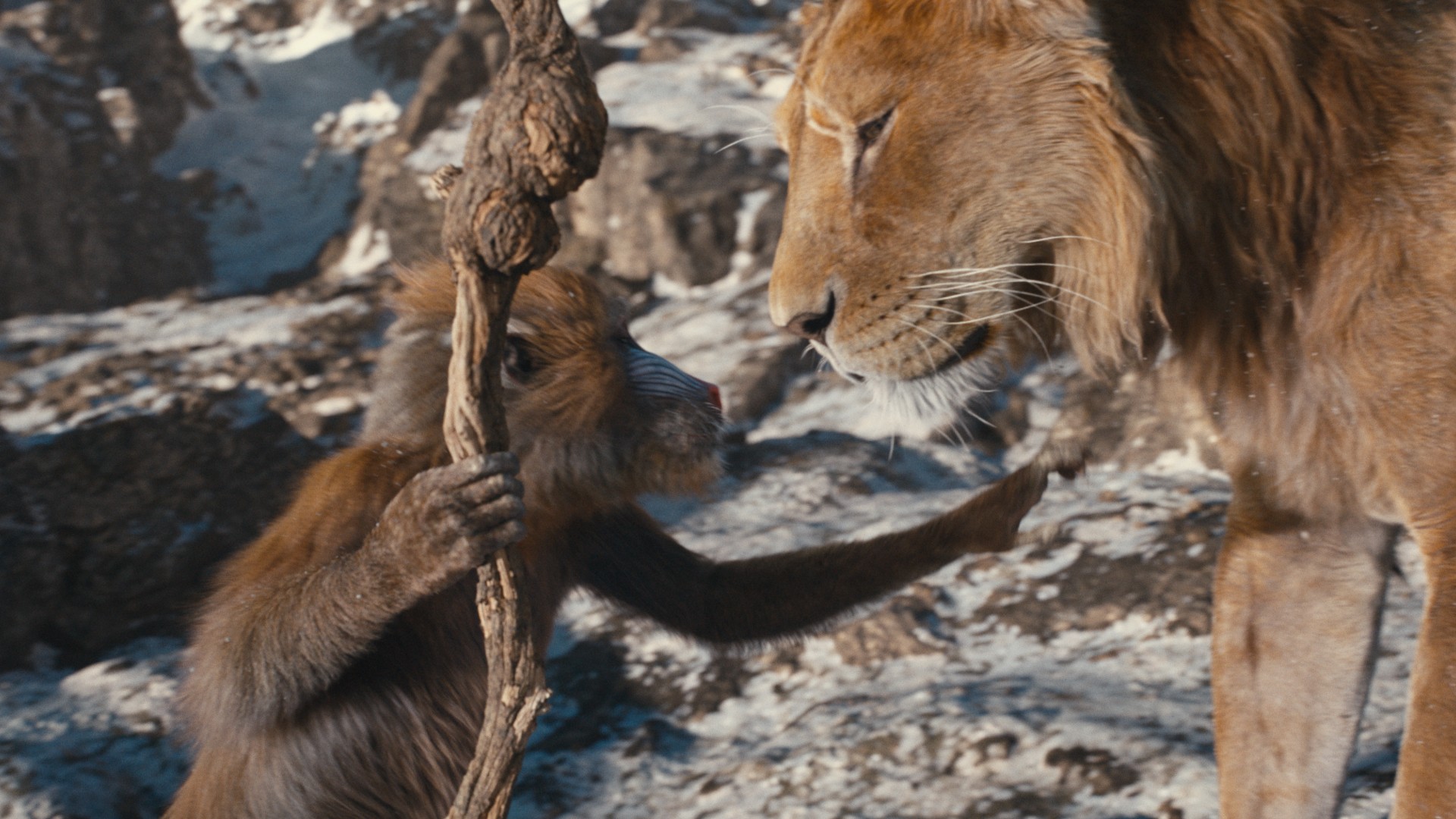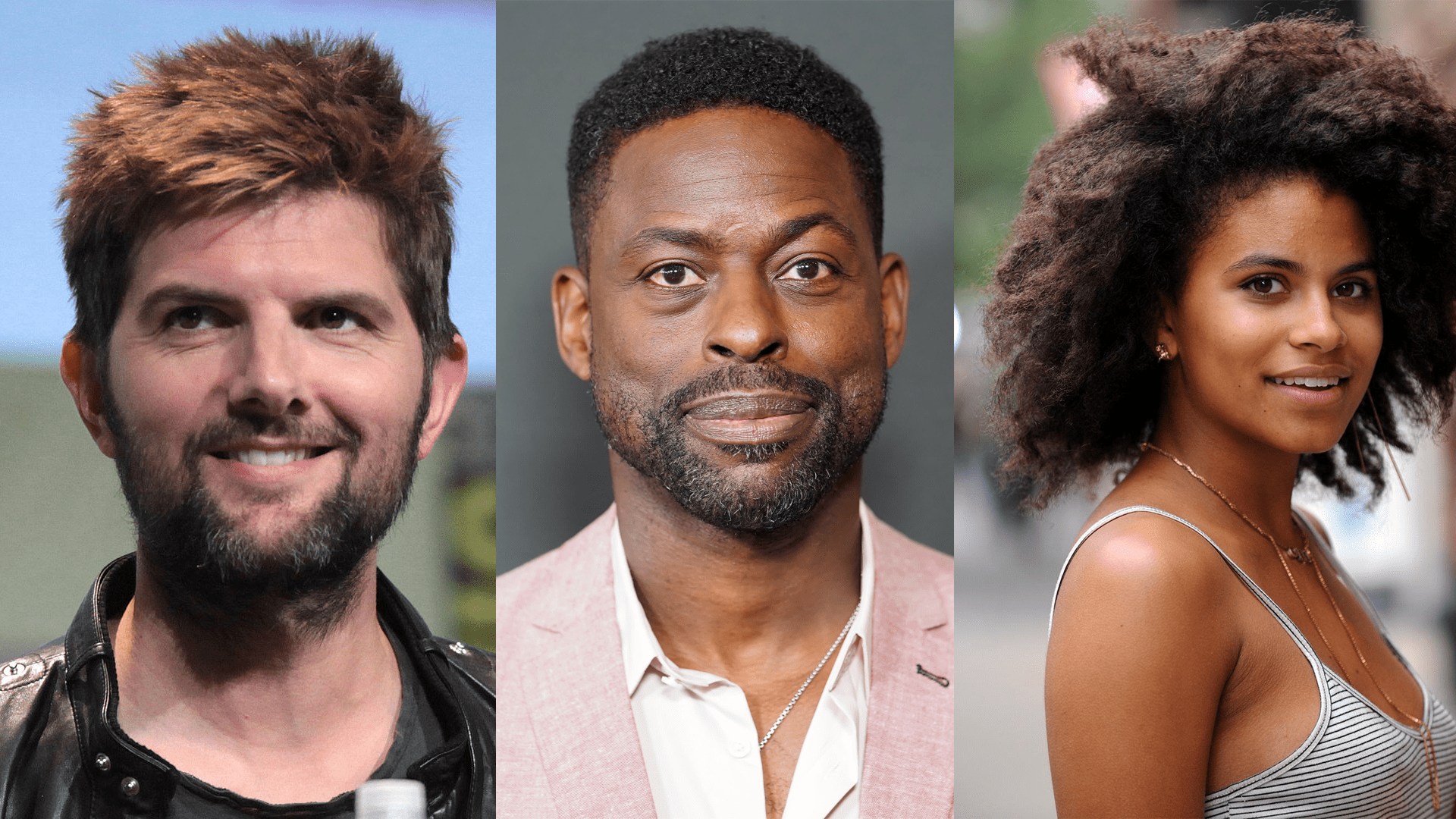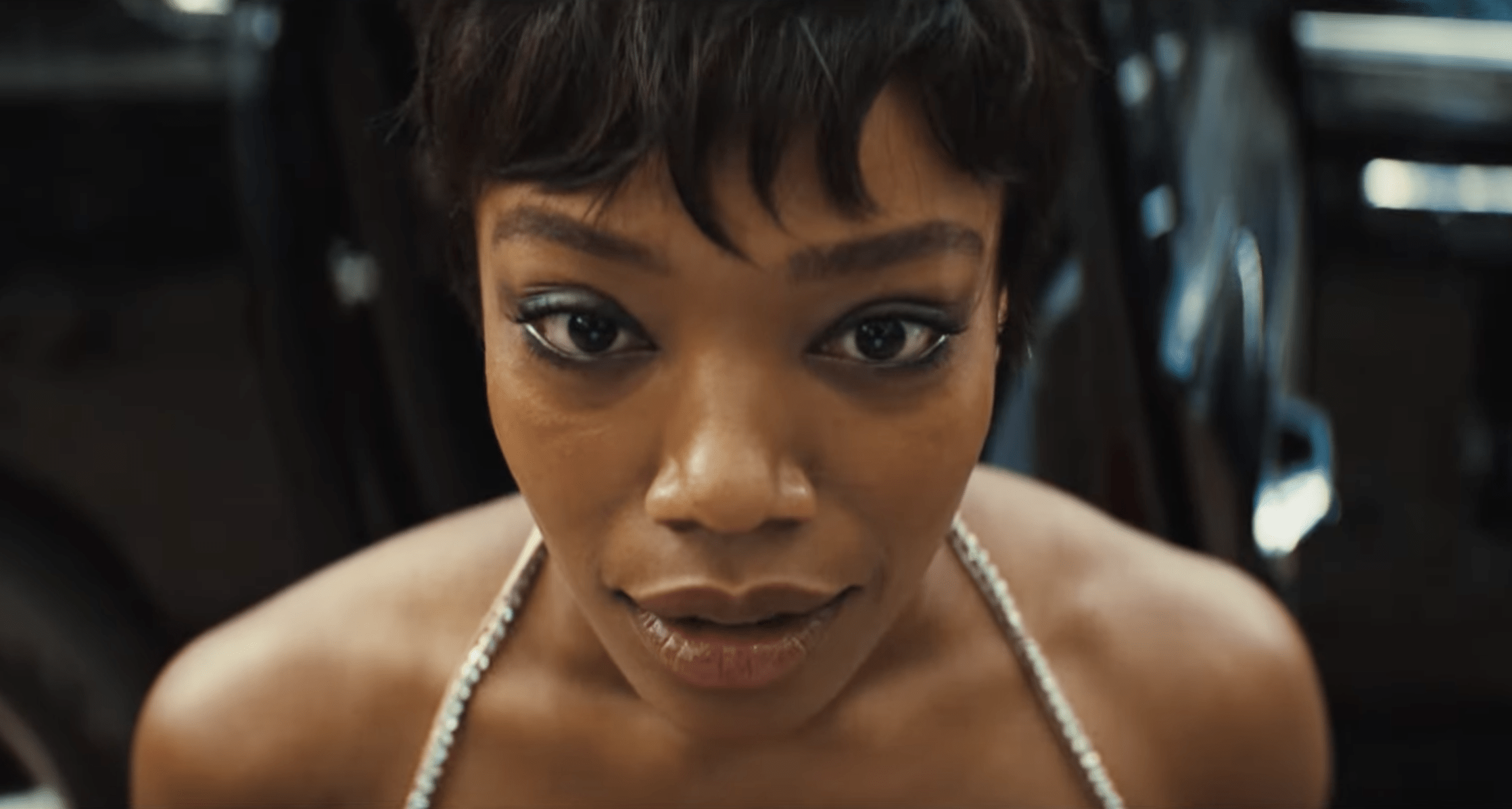Dave Filoni and Jon Favreau Address ‘The Mandalorian’ Film Plans and How ‘Ahsoka’ Connects With the Overall Story Arc
An assortment of interviews with Dave Filoni and Jon Favreau have appeared in the aftermath of the announcement that The Mandalorian is coming to the big screen, clarifying their intent with the feature film and explaining how fans should expect the spin-off series Ahsoka to connect with The Mandalorian and to align with the overall narrative.
Talking with IGN, Dave Filoni and Jon Favreau went into detail about the creative process of shifting the story of The Mandalorian from the small screen to cinemas. For starters, Dave Filoni felt that it was a logical conclusion of what they were doing as they went into more detail on their longterm story:
Dave Filoni: I think the story just escalated to the point where Jon and I were talking about it, and we’ve had a plan for a while, and I think that I’ve learned so much, and I think it’s something that I’m eager to try. You know, I’ve really enjoyed working in live-action and I’ve teamed up with Jon and Kathy. It’s such a great place to hone your skills, and it just seems like the next logical step. This story I think has also grown to a point that we want to expand a bit and do a little bit of a bigger thing than we’ve been doing on our streaming shows, and it’s just presents a different structure than episodic series, y’know, making a film. So I’m looking forward to the challenge of it – still partnered with [Jon], so hopefully [you’ll get] the same brand of excitement that people are used to from what we’ve been making.
Which raises the question: did they always plan to make the show have events so big that they needed to be shown on a big screen? The answer there was a little less straightforward, as Jon Favreau went into detail about how an increasingly complex narrative needed to expand outside of its comfort zone:
Dave: Y’know, I think in certain ways, yes, but…
Jon Favreau: We knew the story would culminate – we have little culminations that come with each season, you have characters and things that thread in and out, but eventually, now especially, with multiple seasons, multiple series happening in the same timeframe, and you’re dealing with characters, especially on Ahsoka where – The Mandalorian, you’re kind of seeing kind of a ground level perspective, and if you’re catching glimpses of characters and things that are happening in the galaxy, you’re kind of seeing it through the eyes of somebody who doesn’t have a lot of context. But in the case of Ahsoka, Ahsoka’s a character who’s been around long before her appearance on The Mandalorian. And also, as we’re dealing with Bo-Katan, these are characters that there’s a lot of political implications to what’s happening in the meta-narrative in Star Wars, and those characters and these storylines start to demand that you’re starting to deal with larger forces and bigger trends within that time period. So at a certain point, the rubber’s gonna hit the road in many ways, and the fact that now audiences will accept a permeability between media, which as you see with the Star Wars films, with Marvel films, there’s a lot of – audiences are very sophisticated now, and if they’re invested in the characters and the stories, you can tell types of stories in one medium that you can’t with the other. There are certain limitations that you have with cinema, ’cause we have a lot of narrative structure to deal with the amount of minutes we do each season, and multiple seasons – but with a movie, you have to make sure that it all kind of comes to a head and resolves in that two-hour, hour-and-a-half period.
Something that both Dave Filoni and Jon Favreau are on the fence about is labeling the film event as a series finale of sorts. Ultimately, they see the New Republic era as being bigger than just The Mandalorian and its spin-offs, and they have lots of ideas about canon and what to borrow from non-canonical material:
Dave: I don’t know if I’d call it that; I think of the time period now as the New Republic time period, and it’s something that’s existed long before we were ever making The Mandalorian, the idea that after Return of the Jedi, there was a New Republic, and that the heroes still had to defend that Republic from the remnant Empire. It’s a very old idea that we brought into the first season of The Mandalorian because it was what was always there, so as we’ve gone along, I keep a very large diagram/whiteboard/timeline of all the things, and as we build story, I show Jon “If we do this – it’s almost like a crime scene – we could lead to this, and then that could mean we could do this.” And he’d say “Well, what about this?”, and “Yes, well, let’s put that up there.” And so a lot of times, I’ve been using Post-its, so we can move them, and keep them moveable.
Jon: And we have to keep checking in between our shows, too, as I’m watching and we’re looking at scripts. Sometimes it’s not as obvious in the script until you start to see it, and then things – the writing process always continues all the way until you’re done, delivered. Because you always have insights that the story tells you. And so yeah, as we’re laying the stuff out – ’cause we have what exists in canon, and we also have stuff we’d love to pull in from the Expanded Universe and Legends. There are certain stories and characters that people have connected very, very much which over the years that might not officially be part of what is considered official Star Wars, but because it’s so much a part of the Star Wars community – as Dave did with Clone Wars, bringing those elements in and – ’cause they already feel like they’re running parallel to it, and if you can bring it in a way that’s elegant and can incorporate everything, and again, trying to bring together Star Wars as much as we can, and make it all align in a way that feels satisfying and decisive.
Taking a break from questions about The Mandalorian film, Dave Filoni and Jon Favreau were also asked if Ahsoka is meant to be seen as the immediate next step of the overarching narrative and an immediate follow-up to The Mandalorian season 3, much like The Book of Boba Fett was to The Mandalorian season 2. Both said to temper your expectations on that front, as they want each work to stand on its own:
Dave: No. I would say no. I don’t think so; I wouldn’t look at it that way. As much as these shows are tangential to one another and are in the same time period, I think it’s important that you can watch them of their own, but they build if you know. So in the same way that, if you’ve seen the episode The Jedi in Mandalorian, then Ahsoka’s gonna make [more sense], you’re gonna get a little bonus, like “Oh, I understand what’s going on from the get-go!” But you’re still going to understand what’s going on, because – we picked up A New Hope at Episode Four, right? So Star Wars, to us – we came in the middle of it. So there is a kind of history in Star Wars of just [snaps] diving right into the story. So I really dive right into the story with Ahsoka, but I know more about it because of the work of The Mandalorian. And it’s the same with Skeleton Crew. We never want to create a situation where you feel like you have to have seen these things because then you’re missing out. I don’t know how fans feel, but do you have to have seen Clone Wars to understand Ahsoka? No, you don’t have to have seen that. Does it help, will you know more and understand more? Sure! But it’s not – if you haven’t checked it out, but you can thinks to Disney Plus, it’s right there. It’s a different world now!
Jon: Well that’s the other thing, isn’t it? It’s interesting how it changes. And by the way, user-generated content, where they’re putting up their – ’cause I know, when I watch a show, sometimes especially if a show hasn’t been on for a year or more, I’ll watch recaps or certain YouTubers who I’ll watch who will walk me through it, in addition to content that’s been put out by the networks or the studios that are doing it too. So I think that the audiences are tremendously sophisticated now, but I think what Dave’s saying is important. You should be able to just drop in, watch something. If I’m there with someone who’s never watched before, and they just want to watch this series, we make sure that they can get it, but I think that there’s always a sense that if I knew more, I would understand the context of that, and then we also have what happened previously on the shows, too, which helps contextualize what you’re gonna see. But there’s, I think, again – there are people who have been involved with Star Wars for so many decades, and you want them to benefit in the experience. You want to acknowledge what they’ve done, and make it that if you’ve put that time in, that we’re gonna respect that.
Dave: Respect the investment. And it’s neat because now, you know, hopefully if you like any one of these shows, you go “Oh, this is relevant to that!” and you get to enjoy more. ‘Cause I know when I was a kid, if Clone Wars existed when I saw A New Hope, then I would’ve gone right and watched it, because Obi-Wan Kenobi talks about it. And I was like, “Dad, what is this? Why are you showing me Episode Four? Where’s One, Two, and Three?” And he’s like “There is no One, Two, and Three!” I’m like, “That doesn’t make any sense, dad!” And so now we live in a world where those kids can get those answers immediately, you know?
Jon: And they come in through different, we assume everybody saw the original trilogy first, but that’s not the case anymore. A lot of people watched Clone Wars first. A lot of people watched the prequels. It depends on where you grew up; it’s like music. And so it all has to line up, and ideally, it’s working for each of those different groups of audience members.
Dave: Something for everyone.
Jon: Something for everybody.
You can watch the full interview below:
Fandango also had an interview with Dave Filoni, where he went into greater detail about the kind of things audiences should expect from the big event crossover. One thing that he wanted to hype up is the presence of large-scale battles unlike anything we’ve seen in television format. Watch the interview with him, Giancarlo Esposito, Katee Sackhoff, Emily Swallow, and Carl Weathers below:
NEW: Dave Filoni and the cast of #TheMandalorian discuss Filoni's Untitled #StarWars film, which plans to bring together the stars of multiple TV series for an EVENT film. Filoni says to expect "large-scale battles." #StarWarsCelebration pic.twitter.com/eXQ3oEy54U
— Fandango (@Fandango) April 8, 2023
ComicBook.com also had a pair of interviews of interest with Dave Filoni and Jon Favreau, regarding whether or not the event film should be seen as a finale of sorts in the same way that Avengers: Endgame was for Marvel. Dave Filoni disagreed with that notion, while Jon Favreau seemed a bit more open to the comparison:
Dave: I don’t think of it that way. I mean, I think what Marvel does is astonishing. I just watched that film again the other day and it’s such an accomplishment and it’s built over so many years. I mean, when you work in this kind of theater of a galaxy or what Marvel does cinematically, it is astonishing and you stare and wonder what they were able to accomplish. Jon [Favreau] and I have our own little theater that we’ve been playing in, but Star Wars is a big galaxy. I think there’s a lot of possibilities, but we do things our own way. I think of, you know, A New Hope is an important moment in the timeline. The Death Star blows up. That changes everything. A cinematic moment for this time period has to be a moment that’s changing things and we understand it as the audience and then it can ripple down if we have other shows going on underneath that. So if there was a show taking place in the New Hope time period that you were watching as a kid, you would understand that things have changed in the show because the Death Star blew up. But they didn’t necessarily need to be there. So there’s a ton of possibilities for how to tell these stories in a unique way for Star Wars as well.
Jon: Well, you know, if I talk too much about what happens, it will really take away from the viewing experience. So it’s not too much longer to wait where, you know, there’s a lot of characters and storylines that we’ve threaded through these multiple seasons. Some characters return, some characters are resolved. everybody has been coming in at different angles and they’re it’s all kind of culminating as they, you know, have set out to return to Mandalore. So we’ve been building this for quite some time and I’ll tell you I’m really happy with how it came out, and the fun part now is seeing how everybody goes on the ride with us.
Star Wars: The Mandalorian season 3 is currently airing new episodes every Wednesday on Disney Plus. According to Kathleen Kennedy, this film project, serving as the culmination of the shows, will most likely not arrive until 6 or 7 years from now.
Grant has been a fan of Star Wars for as long as he can remember, having seen every movie on the big screen. When he’s not hard at work with his college studies, he keeps himself busy by reporting on all kinds of Star Wars news for SWNN and general movie news on the sister site, Movie News Net. He served as a frequent commentator on SWNN’s The Resistance Broadcast.

